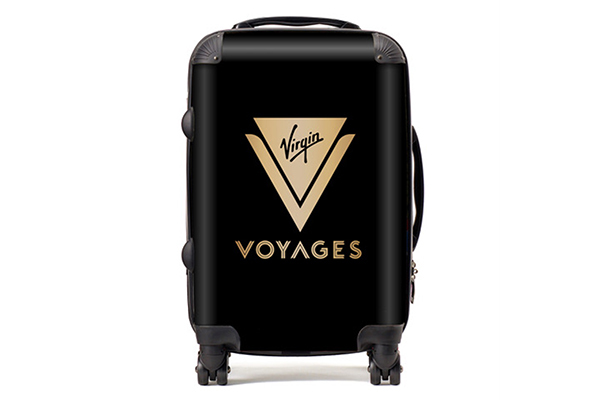On the Beach rapped over 'misleading' savings claims in poster ads
 James Chapple
James ChappleOn the Beach has been told to shelve a poster campaign after failing to provide sufficient evidence of customers’ saving claims.
The OTA was challenged over an ad which stated 92% of its customers said they saved money booking their holiday with On the Beach.
Text at the foot of the poster said the claim was based on a survey of 37,439 customers between July 14 2016 and August 30 2017.
However, the chairman of the All Party Parliamentary Group on Statistics challenged the claim after spotting the ad on January 18 this year.
On the Beach said the survey was carried out through questionnaires send to more than 300,000 customers, asking them what type of holiday they booked, how much money they saved, and their age.
The Advertising Standards Authority (ASA) though upheld the complaint on Wednesday (July 18), and ordered the OTA to ensure the ad did not appear again in its current form.
“We told On the Beach to ensure in the future, they held adequate evidence to substantiate saving claims,” said the ASA in its ruling.
The crux of the dispute was over whether consumers would interpret the headline claim to mean 92% of all On The Beach customers surveyed saved money on a specific holiday compared to purchasing it from another provider and would therefore also likely make a saving.
The watchdog said it also considered the headline claim would be understood in the context of the small print and that consumers would consider the claim “92% of our customers” meant 92% of the 37,439 respondents.
ASA: 'Saving claims likely lower than stated in ad'
On the Beach provided the ASA copies of its survey, which asked consumers how much they “considered they had saved” booking with the OTA, with options ranging from nothing to “saved over £500”. Respondents were also asked to choose from just four holiday types.
“We noted consumers were not asked to give any specific details about the holiday they had booked and whether the money they had saved was based on an identical holiday from a different company or a similar type of holiday,” said the ASA in its ruling.
It also further criticised On the Beach for the ambiguity of its questioning, which would likely not have resulted in all respondents reporting their savings on the same basis.
“The survey did not require consumers to provide any specific information about the basis of their savings, for example, they did not have to state if the money they saved was against exactly the same holiday or how much it had been sold at by a different provider,” read the ruling.
“Further, we considered the savings question, ‘When you booked with On the Beach recently, how much money would you say you saved by booking with us?’ was phrased in a leading manner, and that could have led survey respondents to assume that they had saved money when they perhaps did not know.”
The ruling added: “We also understood from the data the number of customers who received the survey was much higher than the number stated in the ad and that the 92% claim in the ad was based on the 37,439 people who had responded to the survey.
“We considered it was likely a proportion of the consumers who did not respond to the survey had not or were not aware if they had saved money when booking their holiday through On The Beach.
“We therefore considered that the claim in the ad was misleading because the percentage of the total number of consumers surveyed who had saved money was likely to be much lower than the 92% stated in the ad.”
Sign up for weekday travel news and analysis straight to your inbox

James Chapple
Supplier Directory
Find contacts for 260+ travel suppliers. Type name, company or destination.
















